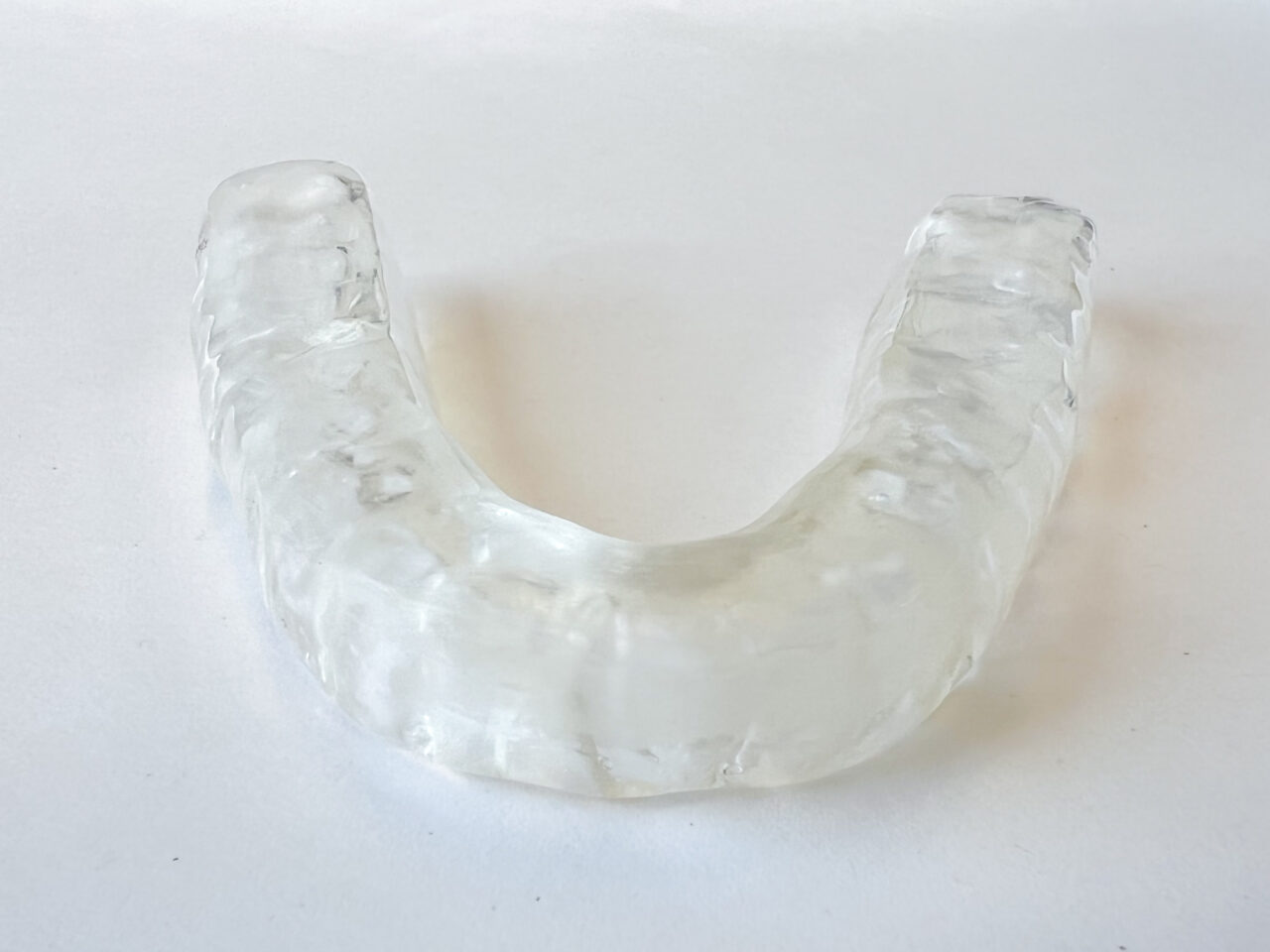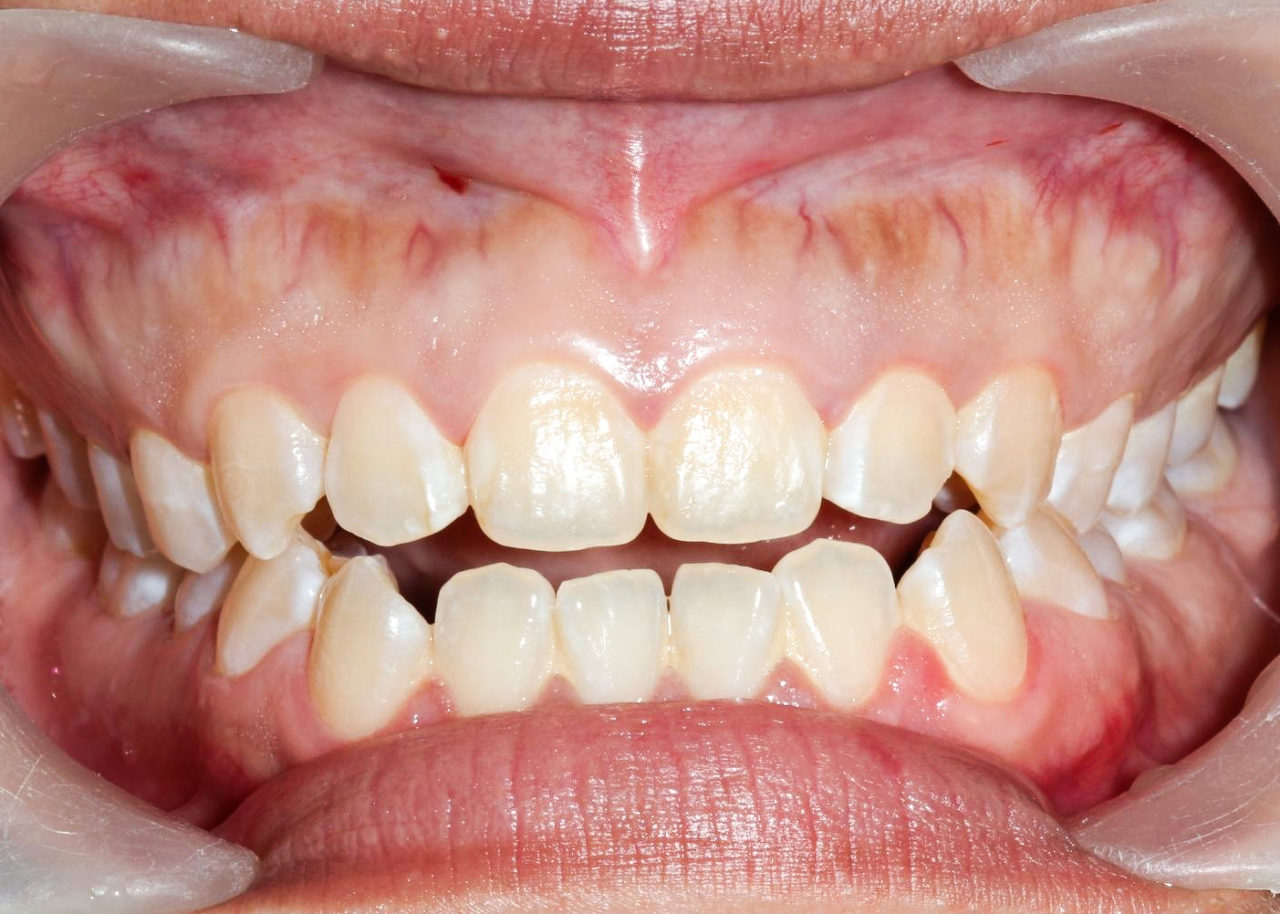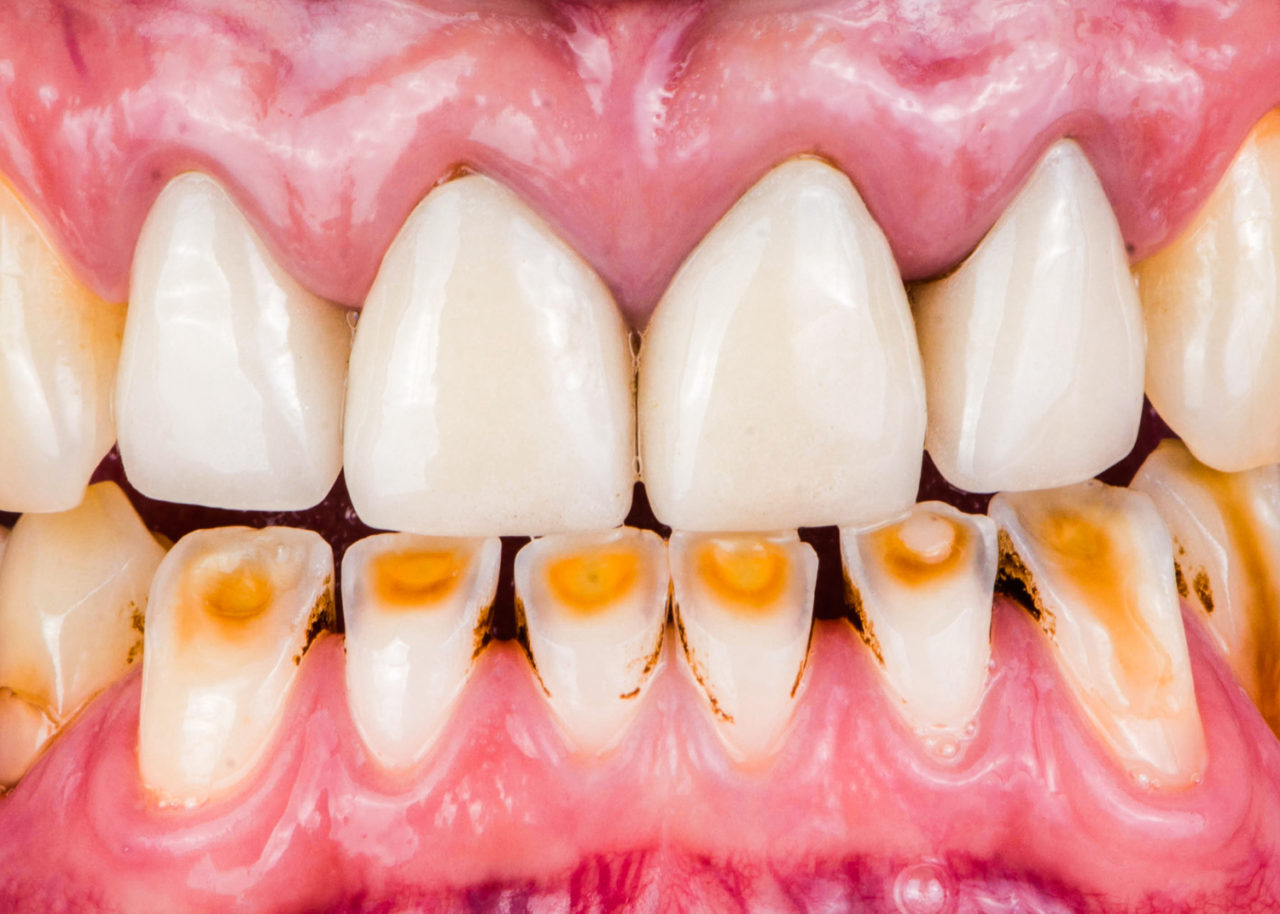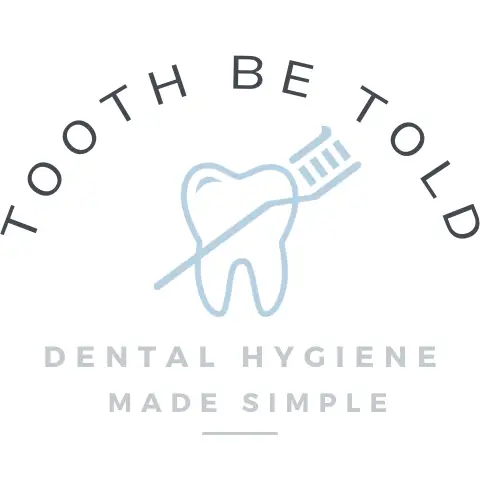Many people clench and grind their teeth, which can lead to excess wear on the teeth that can cause irreversible damage and pain, negatively impacting people’s lives. When I discuss nightguards with my patients (either they have a nightguard already or are in the process of having one made), they often ask me how long nightguards last.
Dental nightguards can last between one year and ten years, with five years being the average. The material used to fabricate, the thickness of the nightguard, severity and intensity of clenching and grinding teeth impact the longevity of the nightguard.
A dental professional should assess any cracking, chipping, and excess wear of nightguards. I always ask my patients to bring in their nightguard periodically so the dentist and I can evaluate it. And make sure they fit well.
In this post, I cover more in-depth the longevity of dental nightguards, how the type and fabrication impact longevity, tips to make your nightguard last longer and how to know you need a new nightguard made.
How long do dental nightguards last? Including tips to make it last longer
The average lifespan of a dental nightguard is about five years. But they can last anywhere from 1-10 years. Many different factors impact how long nightguards last. Fabrication material, types of nightguards, over-the-counter vs. professionally made, and severity of clenching and grinding all impact longevity, and I got over all of these factors in more detail below.

Fabrication material; types of nightguards
The longevity of nightguards first starts with what they are fabricated out of. Some materials are softer and can wear down faster than if more rigid plastic is used.
In professionally made dental nightguards, two designs are used.
- A thicker nightguard made out of a thermoplastic material that becomes softer when warmed up
- A thinner nightguard made out of a more rigid plastic that does not change with temperature
You can also choose which arch you want to wear your nightguard on. Some people prefer wearing their nightguard on the top teeth, and others on the bottom teeth. But there is a little bit more to it that I discuss with my patients. To learn more, click the linked post that I wrote below.
Read Now: Is a Top or Bottom Night Guard Better? Hygienist Explains!
The choice between the styles depends on the patient’s needs, which will be discussed between the patient and dentists before fabrication.
The thicker nightguard made out of the thermoplastic material that softens when warmed (the temperature of our mouths is enough to make it slightly softer and act like a cushion for the teeth) can last longer than a thinner hard one because it is thicker and can dissipate the forces more efficiently.
We typically recommend the thicker one for our patients, but if they have a gag reflex or find it too thick, the thinner one is made.
And suppose my patients are clenching or grinding during the day. In that case, we often recommend the thinner, harder one because it is not as intrusive and noticeable, which increases compliance for wear.

Over-the-counter purchased nightguards (not made in person by a dental professional)
Dental nightguards purchased over the counter are generally not made with the same quality material as professionally made dental and typically do not last as long. There are also many risks associated with over-the-counter or nightguards that are not made or checked by dental professionals.
Over-the-counter nightguards, or nightguards purchased online, can cause irreversible damage to your teeth and jaw and, ultimately, your overall health, and sometimes if things can be fixed, it can cost over $5000 USD to try and fix.
Below I linked a post I wrote about the damage nightguards can cause, specifically over-the-counter nightguards. Click the link to read more details on what to avoid.
Read Now: Can Nightguards Damage Teeth and Bite? Hygienist Explains
Also, because over-the-counter nightguards are not professionally made and are not checked by dental professionals, other factors will affect the longevity of the nightguards.
The important thing about dental nightguards being made by dental professionals is that we ensure that all teeth have coverage and the forces are evenly distributed. This allows for more even wear.
If the nightguard does not distribute the forces evenly, the nightguard will wear unevenly, and one spot will wear faster, making the nightguard last for a shorter amount of time.
Read Now: Do Night Guards Help With Clenching? Hygienist Explains
Severity and intensity of clenching and grinding
Another factor in the longevity of the nightguard is the severity and intensity of clenching and grinding.
If you have pain in your jaw or TMJ (temporomandibular joint), have imbalances in your bite, or have excessive wear and issues starting to form in your mouth, it may be a sign of more intense clenching and/or grinding.
This is why having regular dental appointments are so important because we can see things and are trained to assess for these problems that would otherwise go unnoticed by the untrained eye.
But nightguards are more than just a tool to alleviate and prevent issues with the teeth and jaws. They have more of an impact than people may even realize.
Below I go into more detail about why wearing a nightguard is such an important factor in oral health and why having one professionally made is worth it.

Why dental nightguards are an important factor in oral health and why they are worth it
Nightguards are an essential treatment to help prevent permanent damage to teeth, jaws, face structure and overall health and well-being.
Grinding and clenching teeth with no intervention can lead to cracks, chips, broken teeth, lost teeth, and excess wear on teeth that reduces the vertical dimension of the jaw, leading to facial collapse, bite issues, breathing issues and even confidence issues later on in life as the face structure starts to change/age.
I like to tell my patients (and you here) that the mouth is the gateway into our whole body and dramatically impacts our overall health.
It can be easy to question how a little piece of plastic can help prevent all these issues, but nightguards are definitely small and mighty.
Nightguards are made to take the force caused by clenching and grinding and evenly distribute and absorb the forces.
6 Tips to make your nightguard last longer
- Brush it under water immediately after taking it out of your mouth (do not use toothpaste as it is abrasive and could damage the nightguard)
- Let it dry (use a case with holes to promote drying)
- Keep your case clean
- Deep clean/soak for at least 15 minutes with a specific nightguard cleaner (never exceed one hour)
- Participate in activities that reduce stress and anxiety
- Only buy nightguards fabricated at the dental office and fitted by a dentist
Click the link below to find out how often to clean your nightguard and the tips I give my patients regarding cleaning their nightguard! I also include a list of products that are best suited for cleaning nightguards!
Read Now: How Often Should You Clean a Night Guard? Hygienist Explains
How do you know if you need a new nightguard?
If there are any visible cracks, chips, or issues with the bite’s evenness, you will want your dentist to look at the nightguard, as a new one may be needed. It is normal for wear and micro-fractures to occur over time. Have it checked by your dental professional to ensure it is still safe to wear.
There will be a normal amount of wear on the nightguard because that means it is working (imagine all that force is put on your teeth/jaw instead of your night guard), but maybe a sign that you will need a new nightguard made in the near future.
I hope this information has helped you today!
Holly 🙂

